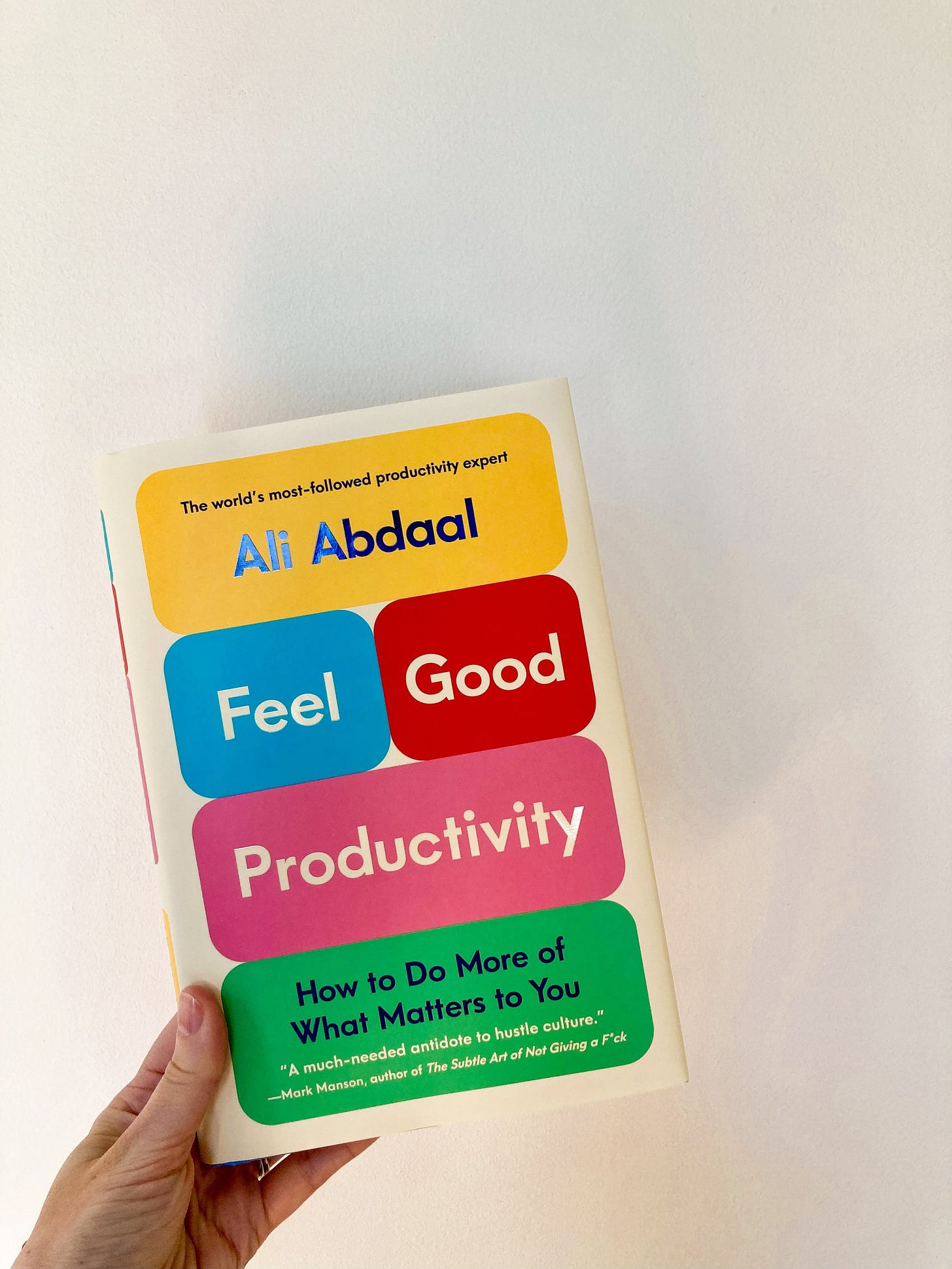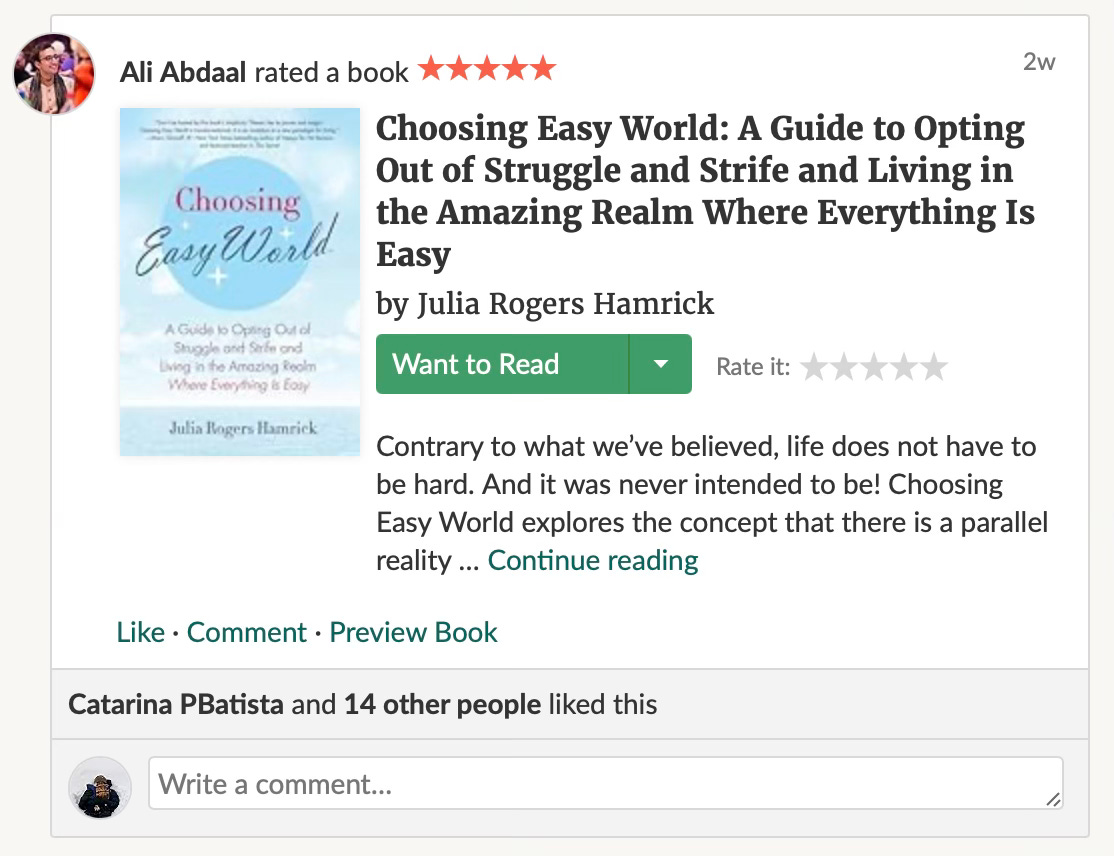“Take up their cross and follow me”
Theological Musings on Procrastination, Productivity, and Pain
I’ll be honest – I’m guilty of chronic procrastination. This article is no exception, having been submitted at least two weeks after the deadline of my college magazine last summer. In my first year in university, I submitted so many of my essays late that my friends grew incredulous of any claim of mine to have submitted one on time. It became a running joke and a reliable source of banter, as I repeatedly rationalised away my sense of urgency and shame. It was easier that way.

I’m also a productivity geek. If I’m honest, in my life I have often strived for maximal results with minimal effort. My guilty pleasure is reading self-help books on organisation, (anti-)technology, and getting things done. A significant number of the most life-changing books I have ever read – and as a nerd I’ve read almost too many these past couple years – belong to this (sometimes embarrassingly) popular and secular field, like James Clear’s Atomic Habits: An Easy & Proven Way to Build Good Habits & Break Bad Ones and David Allen’s classic Getting Things Done: The Art of Stress-free Productivity.1[1] As a consequence, I have been ‘discipled’ well in the art of ‘lifehacks’, and I’m increasingly able to achieve more and more with less and less strain – optimisation has become the name of the game.
There’s just one problem. It’s become increasingly obvious to me that one simple weakness might lie beneath both my procrastination and productivity: I don’t like pain.2 I don’t like discomfort. I don’t like the point in which work shifts into a strenuous gear, and I much prefer to hover in the zone of what the psychologist Mihaly Csikszentmihalyi coined ‘flow.’3 Indeed, I’m often guilty of prolonging my ‘research’ for an essay indefinitely so I don’t have to confront the tyranny of the blank page.
This approach to life and work is – quite clearly – problematic (and even counter-productive). However, what has been more worrying and intriguing to me recently is the discovery of deeper philosophical and theological issues that frame my individual avoidance of pain as a microcosm within broader and more insidious undercurrents in our culture. This realisation came unexpectedly as I was reading about the seemingly unrelated problem of ‘adulting’ in the book When I Grow Up: Conversations with Adults in Search of Adulthood.
In When I Grow Up, psychotherapist and journalist Moya Sarner takes on the challenging and complex notion of ‘adulthood’ in America with a cast of fascinating ‘adults’ ranging from her precocious teenage client to a world-leading neuroscientist. Among these wise and compassionate interviews was one that particularly stood out to me, featuring a fascinating study entitled ‘Feeling Bad Is Not Always Unhealthy’ (linked here).
In this study, social-psychologist Shinobu Kitayama and his colleagues gathered two groups of Japanese and American participants respectively and measured the physical symptoms of stress (such as inflammation) caused by negative emotions. Intriguingly, Kitayama’s team found that the same level of negative emotions were a greater source of stress for Americans than for Japanese. What’s most interesting to me, however, is their proposal for why this might be the case:
This cultural difference may be driven by culturally divergent beliefs about negative affect [i.e. negative emotions] as a source of threat to self-image [for the American participants] versus as natural and integral to life [for the Japanese participants]. Here, we examined whether culture may moderate the relationship between negative affect and biological stress responses. . . [In conclusion,] [t]hese findings suggest that cultural differences in how emotions are construed may make the experience of negative affect more or less stressful and differentially consequential for health.4 (italics mine)
In other words, our bodily reactions to stress is less related to the presence or absence of negative emotions, and more contingent on our mind-set towards negative emotions, and our relationship with pain. As Sarner poignantly reflects, the lower level of resilience shown by the Americans compared to the Japanese might be rooted in a Western “pathologisation of feeling bad”, especially in recent decades where “sometimes mental health professionals seek to treat feeling bad as if it is always an illness to be cured.”

Kitayama’s study is revealing: might my uncritical consumption of contemporary Western self-help have reinforced an aversion to pain at the altar of ‘feels-good productivity’? Is my strategy of maximal results with minimal effort result leading to a shrinking from negative emotions altogether? Has this hindered my ability to tolerate (and overcome) higher levels of difficulty and pain? More importantly and hopefully, if a culture’s narrative truly moderates one’s threshold of suffering, could my work ethic be transformed by a more robust philosophy – indeed, theology – of pain?
It seems to me, even at one glance, that authentic Christian inculturation should facilitate this transformation. What Sarner celebrates about the particular potential of psychotherapy to address this problem seems to me equally applicable to Christian discipleship in general:
Patients often hope only that therapy will take away their pain – but equally important, writes the psychoanalyst Wilfred Bion, is for the ‘analytic experience to increase the patient’s capacity for suffering’. To get better at feeling bad”. (italics mine)
For disciples of Jesus called to follow the crucified God, who are commanded to “take up their cross and follow me,”5 surely the ideal of feeling good all the time becomes – in some fundamental sense – anti-Christian. Insofar as this (in fact) ancient Epicurean approach to life tends towards a sort of anti-suffering disposition, I am forgetting Saint Paul’s injunction to “boast in our sufferings, knowing that suffering produces endurance, and endurance produces character, and character produces hope.”6
But perhaps my procrastination is not that deep.
Other life-changing favourites include Cal Newport’s Deep Work and Digital Minimalism on choosing a focused life in a distracted and noisy world, Jake Knapp and John Zeratsky’s Make Time: How to Focus on What Matters Everyday, Fumio Sasaki’s Goodbye Things (which I’ve mention almost every other blog post so far), Marie Kondo’s Life Changing Magic of Tidying, and most recently Adam Grant’s Hidden Potential: The Science of Achieving Greater Thingswhich I’m really enjoying at present.
In fact, I remember saying these curious words to my parents when I was nine or ten.
Mihaly Csikszentmihalyi, Flow: The Psychology of Optimal Experience, 1st edition (New York: HarperPerennial, 2008).
Jiyoung Park et al., ‘Feeling Bad Is Not Always Unhealthy: Culture Moderates the Link between Negative Affect and Diurnal Cortisol Profiles’, Emotion 20, no. 5 (2020): 721–33, https://doi.org/10.1037/emo0000605. Cited from abstract.
Matthew 16:24b (NRSV)
Romans 5:3b-4 (NRSV)



